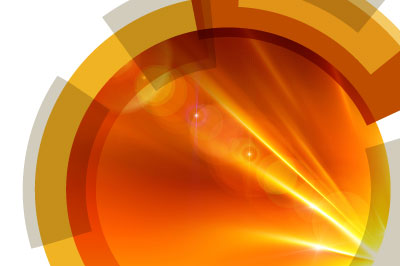Subject Areas
Nucleic Acids as therapeutics (including antisense, RNAi, aptamers, immune recognition, cell delivery)
RNA and DNA structures, their complexes and drug targets (duplexes, quadruplexes, RNA and DNA enzymes, riboswitches, protein complexes + assemblies)
Nucleic acids chemistry applied to cells and cell mechanisms (genomes, evolution, repair, cell manipulation)
Nucleic acids as tools, assemblies and reagents (nanostructures, cages, labels, arrays)
Overview
An international, residential meeting at historic Queens’ College in the heart of Cambridge with on-site accommodation and excellent auditorium, poster and exhibition areas. This is the 7th in a popular conference series going back to 1981 that brings together nucleic acids scientists across a broad area but with particular emphasis on chemistry, biochemistry and structure. .
Aim
The 7CS is the seventh in a long-established series of conferences aimed at bringing together researchers in the Nucleic Acids across a broad disciplinary range, but with particular emphasis in Chemistry, Biochemistry and Molecular Structure. The presentation of multi-disciplinary data and particularly at the interfaces of Chemistry, Biology, Nanotechnology and Medicine will be welcomed strongly. The symposium will provide a relaxed and informal atmosphere at Queens' College, where academics and industrial scientists will meet and present their latest studies in oral or poster form as well as striking up new collaborations.
The poster presentations are considered to be an essential part of the conference, and there will be dedicated poster sessions as well as poster prizes.
The residential venue is ideal in providing all facilities on site and a high quality of catering and service, so that delegates may take advantage of the excellent networking and social interactions.
Who should attend
Researchers in academia or industry working in the Nucleic Acids or allied areas, managers and those in investment companies who wish to gain a window into the Nucleic Acids synthesis and applications areas, clinicians with a strong research interest in Nucleic Acids as drugs, diagnostics and research tools
Nucleic Acids as therapeutics (including antisense, RNAi, aptamers, immune recognition, cell delivery)
RNA and DNA structures, their complexes and drug targets (duplexes, quadruplexes, RNA and DNA enzymes, riboswitches, protein complexes + assemblies)
Nucleic acids chemistry applied to cells and cell mechanisms (genomes, evolution, repair, cell manipulation)
Nucleic acids as tools, assemblies and reagents (nanostructures, cages, labels, arrays)
Overview
An international, residential meeting at historic Queens’ College in the heart of Cambridge with on-site accommodation and excellent auditorium, poster and exhibition areas. This is the 7th in a popular conference series going back to 1981 that brings together nucleic acids scientists across a broad area but with particular emphasis on chemistry, biochemistry and structure. .
Aim
The 7CS is the seventh in a long-established series of conferences aimed at bringing together researchers in the Nucleic Acids across a broad disciplinary range, but with particular emphasis in Chemistry, Biochemistry and Molecular Structure. The presentation of multi-disciplinary data and particularly at the interfaces of Chemistry, Biology, Nanotechnology and Medicine will be welcomed strongly. The symposium will provide a relaxed and informal atmosphere at Queens' College, where academics and industrial scientists will meet and present their latest studies in oral or poster form as well as striking up new collaborations.
The poster presentations are considered to be an essential part of the conference, and there will be dedicated poster sessions as well as poster prizes.
The residential venue is ideal in providing all facilities on site and a high quality of catering and service, so that delegates may take advantage of the excellent networking and social interactions.
Who should attend
Researchers in academia or industry working in the Nucleic Acids or allied areas, managers and those in investment companies who wish to gain a window into the Nucleic Acids synthesis and applications areas, clinicians with a strong research interest in Nucleic Acids as drugs, diagnostics and research tools










